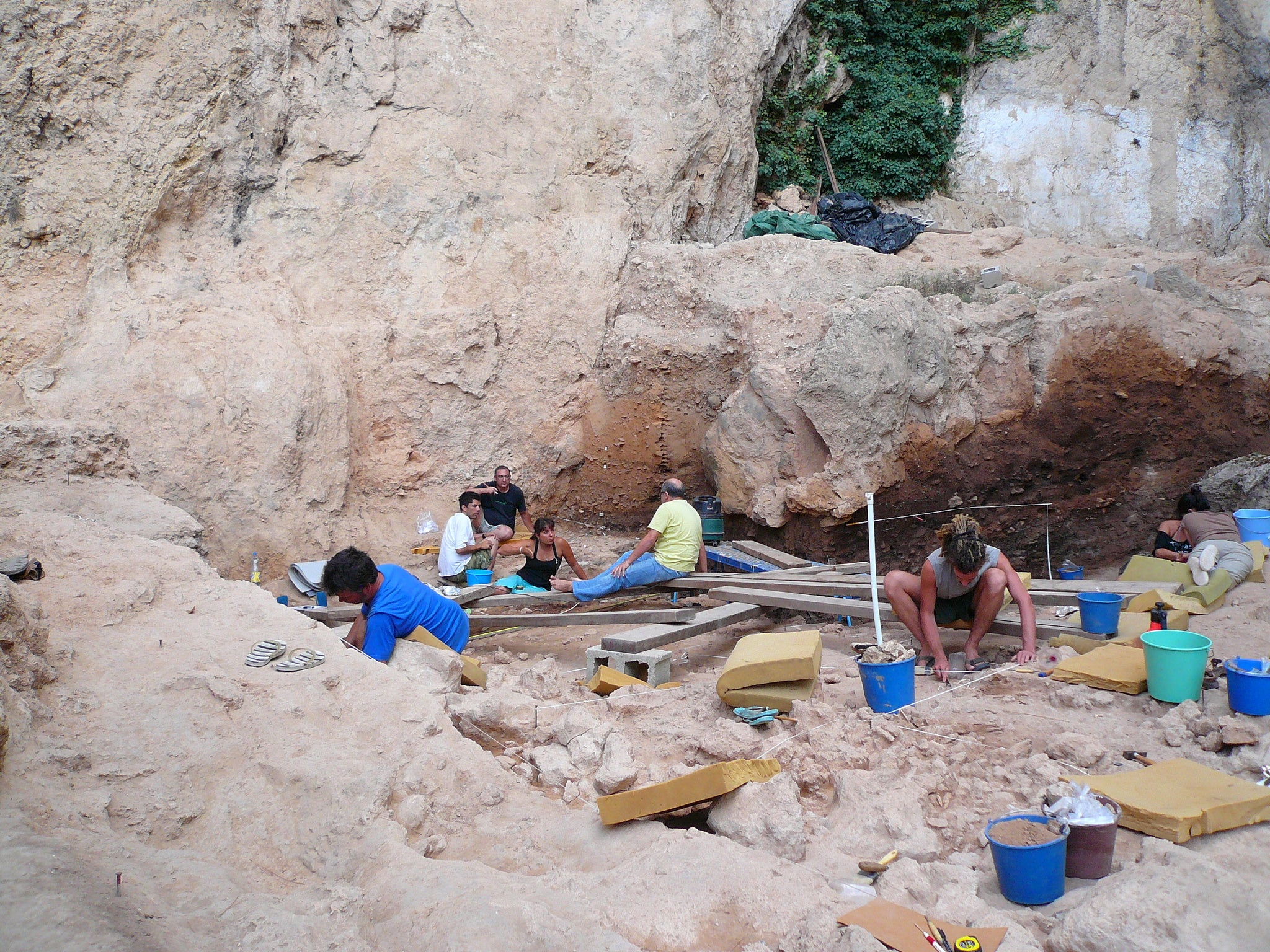World's oldest faeces: Neanderthals ate more vegetables than previously thought, say scientists
Analysis of world's oldest faecal matter ever discovered indicated significant plant intake

Neanderthals weren’t the culinary philistines they’d had us believe, scientists say, as they discover that the extinct human species actually rather quite liked vegetables.
Archaeologists examined 50,000-year-old fossilised faeces taken from a location in Alicante, Spain, amid a longheld notion that their diet of the time was almost entirely made up of meat.
The El Salt site is a Middle Palaeolithic open-air clearing that is thought to have once been the stomping ground of Neanderthals – this region being the location of a group's campfires.
After analysing faecal biomarkers in five samples considered to be the oldest poo matter ever discovered, researchers were able to more clearly understand the nutrients that were digested.
They found that while the Neanderthals had a largely carnivorous diet as previously thought, they also had “significant plant intake as shown by the presence of a compound often found in plant sources - 5β-stigmastanol,” archaeologist Ainara Sistiaga said.
The group of researchers comprised of those from the Massachusetts Institute of Technology (MIT) and University of La Laguna, Spain, releasing their paper in the journal PLOS One.
“Neanderthal diet reconstruction remains difficult. Current methods of dietary analysis use isotopes and focus on the role of meat in the diet, which may be overemphasized,” Ms Sistiaga added.
"This study represents the first approach to Neanderthal diet through the analysis of fecal markers found in archaeological sediment."
It was thought that the matter had been deposited on an unlit campfire.
The rest of their diet is believed to have been made up from berries, nuts and root vegetables.
“It's important to understand all aspects of why humanity has come to dominate the planet the way it does,” said co-author Roger Summons. “A lot of that has to do with improved nutrition over time.”
Subscribe to Independent Premium to bookmark this article
Want to bookmark your favourite articles and stories to read or reference later? Start your Independent Premium subscription today.

Join our commenting forum
Join thought-provoking conversations, follow other Independent readers and see their replies